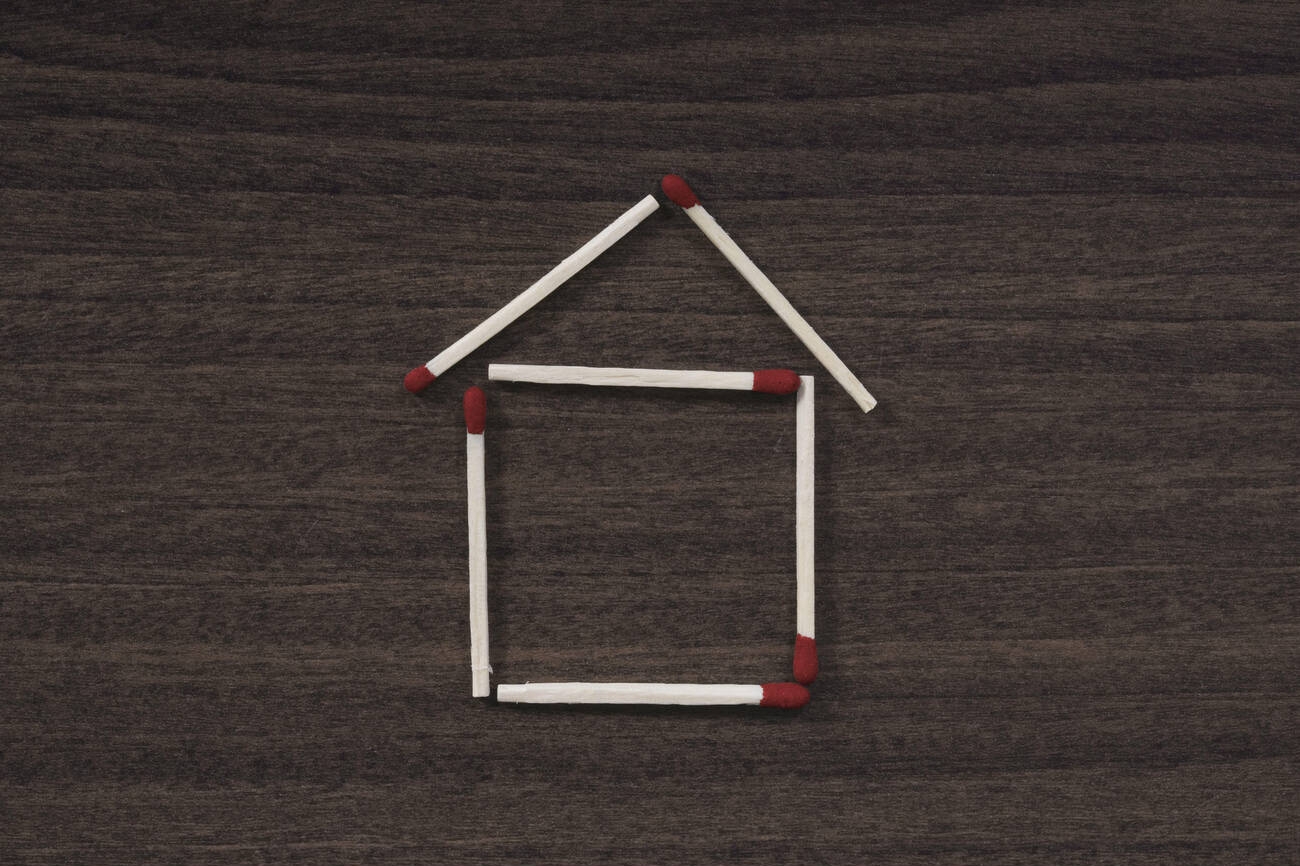In recent years, the number of fire incidents reported from residential homes has increased. That includes residential flats in urban settings as well as bungalows and condos in suburban areas. However, most cases usually come from urban settings. This increase has become a concern for real estate developers, tenants, homeowners, and authorities.
In most cases, the fires have damaged properties and household items and, in some cases, completely destroyed houses, rendering families homeless. The only reprieve they might get is from real estate companies that can buy your house for resale. When they buy homes with fire damage and renovate, they will get a new owner for a profit. The worst cases have been where there has been loss of lives, as these can not be replaced.
Hence, understanding the contributing factors can enable the stakeholders to set up mitigation measures and save lives and properties. Let’s review the most common and reported causes of fires so you may take precautions and protect your home and loved ones.
Electric Faults
Do you know that electric failures are one of the leading causes of house fires? Modern houses have experienced the highest installation and use of electric applications to make living comfortable and easier. However, the complex electrical system has its own share of defaults.
For instance, home users have been guilty of overloading the circuits with heavy appliances that the wiring can handle. Additionally, some electricians have been doing faulty wiring by not following the standard guidelines and using substandard materials. In other cases, the appliances could have malfunctioned while connected to the power sources.
The best way to present this type of fire is to have a qualified electrician install and regularly inspect your electrical system. Always use the right power points for appliances and avoid overloading circuits. Any defaults on candles should be replaced promptly.
Kitchen Related Accidents
The kitchen is the one place where heat is often used in the house for cooking, warming, and other purposes. Hence, even when you are very careful, an accident can occur and cause a house fire. Some of the most common causes of kitchen fires are unattended cooking stovetops, either gas or electric, grease buildup near burners, and other flammable materials placed near cooking appliances.
Accidentally, most people get home after a busy day or get distracted, and that’s when they forget about the tasks they are doing in the kitchen. That’s when the cases of a pot left on the stove or the oven being unattended put the house at risk of a fire.
Fire marshalls have been training homeowners on kitchen safety measures, such as keeping flammable objects away from heat to try and limit the number of fire cases. Having a fire extinguisher within your reach is also advisable to help stop fires as soon as they occur, not only in the kitchen but within your home.
Faulty Heating Equipment
The same power and heat used on your heating appliances can also be a fire hazard in waiting. This is because you will never know or see it coming. For instance, water heaters are usually placed securely, and you may never notice them becoming faulty unless you have them regularly inspected.
When furnaces, space heaters, and chimneys become multifunctional, they can pose significant fire hazards, especially when used for long hours during the colder months. Other factors that increase the chance of fires from healing elements include poor maintenance, lack of aeration, and strong combustible materials near heating sources.
To reduce the chances of this type of fire, it’s advisable to have a professional come and check the working condition of your heating systems regularly. This will also ensure proper ventilation and that no flammable items are kept near the heat sources.
Careless Lifestyle
Some fire hazards are caused by homeowners’ carelessness in pursuit of their lifestyle and entertainment. For instance, carelessly discarded cigarettes and smoking materials have been identified as having ignited fires in many houses. Additionally, during dinners and parties, some people leave unattended or misplaced candles and combustible decorations to run overnight, posing the risk of accidental fires.




